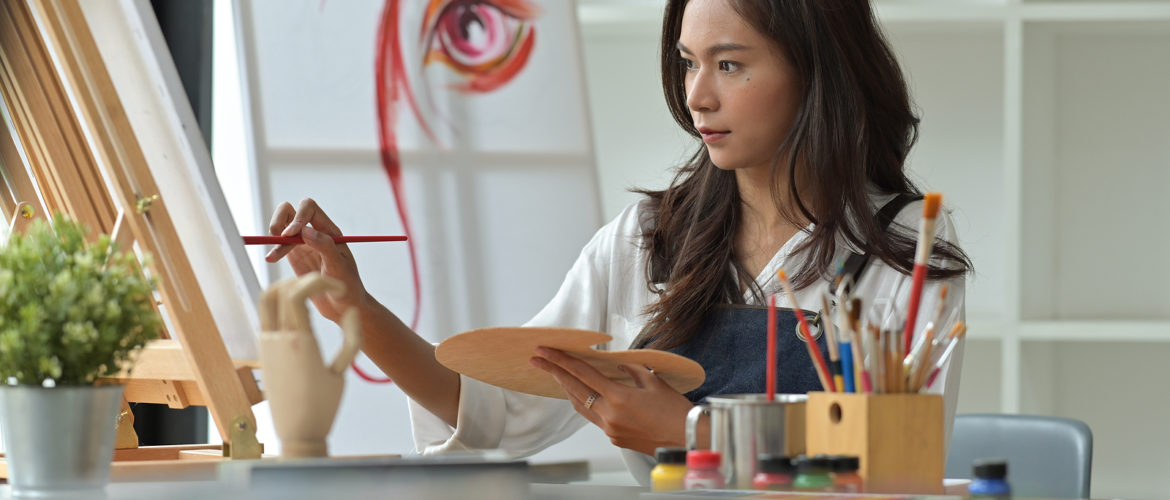Three Misconceptions about Artists, Which Need to Be Left Behind

The figure of an artist and the creative process have always been enveloped in an atmosphere of mystery. Through the years, people have formed certain beliefs about what it means to be an artist. While some of them might have been true a century or even a couple of decades ago, today’s artists are very different from the artists of the past generations. Here are three misconceptions about artists and creative people, which need to stay in the past.
Three Misconceptions about Artists, Which Need to Be Left Behind
Artists do not make money from their art
While the myth of an artist who barely makes money from their work and only gains recognition after their death has grounds in reality, it is largely exaggerated. Today, artists are not limited in how they choose to earn a living: they can make merch of their art, set up online stores, teach art classes, and take commissions from people all over the world.
All artists struggle with addictions
It is, unfortunately, true that a lot of creative people throughout history suffered from addictions of various kinds. Many attribute that to the high levels of stress these people experience in their daily lives. While there are examples of notable figures in the art world who lost their lives to substance abuse, this is by no means a rule but an exception. With the rise of mental health awareness and the accessibility of wellness culture, it is easy for anyone to find healthy and sustainable methods of managing stress and dealing with difficult emotions.
Artists must receive formal education to be considered real artists
Formal education can help you develop new skills and provide networking opportunities. However, that does not mean one must receive a degree from a university or college to be considered a professional artist. Many of the most world-renowned artists were autodidacts and had thriving careers. There are even entire art events dedicated to celebrating self-taught artists. Besides, there are plenty of courses available online for free, which can be just as useful as college classes. Whether to pursue a degree in Fine Arts is a personal decision.
Do not let the prejudice and misconceptions about artists perpetuated by other people influence your choices. The path you take must be authentic to you and your experience.
